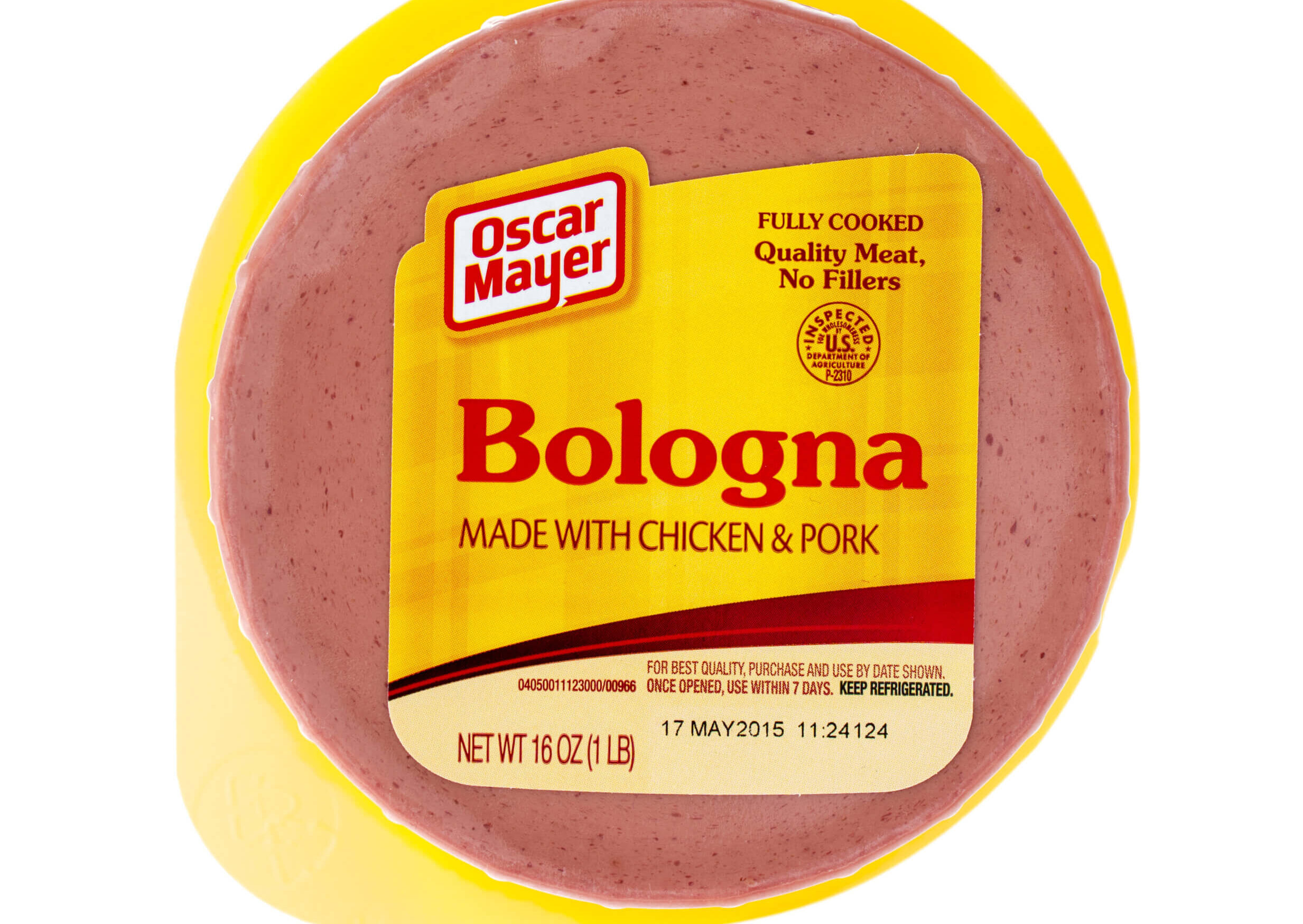9 Reasons for the Oscar Mayer Bologna Shortage and How It Affects You
Explore the reasons behind the Oscar Mayer Bologna shortage, from supply chain disruptions and raw material scarcity to production challenges and increased demand, shedding light on the complexities of food production and distribution.

The Oscar Mayer Bologna shortage has puzzled consumers to see this lunchtime favorite easily available. Dubbed the “Bologna Crisis,” its scarcity is impacting not just shoppers but retailers and the food industry as a whole, revealing the fragility of food supply chains. This article explores the complex causes, including supply chain disruptions and raw material deficits, behind the bologna’s limited availability.
Disclosure: As an Amazon Associate, this site earns from qualifying purchases. Thank you!
1. Exploring Supply Chain Disruptions

Supply chain disruptions have played a significant role in the Oscar Mayer Bologna shortage. The COVID-19 pandemic has been a catalyst for many of these disruptions, causing delays and inefficiencies across global logistics networks.
Factors such as port congestion, container shortages, and transportation bottlenecks have compounded these issues. Even as the world recovers from the pandemic’s peak impacts, the lingering effects continue to disrupt the flow of goods, including the ingredients and packaging materials for bologna production.
2. Impacts of Raw Material Scarcity
Raw material scarcity has been another critical factor contributing to the shortage. The meat industry, in particular, has faced challenges in securing a consistent supply of quality cuts of meat needed to produce bologna.
This scarcity is often the result of multiple issues, including climate-related impacts on agriculture, higher feed costs, and increased competition for these raw materials from other food producers. Such constraints have made it difficult for companies like Oscar Mayer to maintain regular production levels.
3. Production Challenges Faced
Oscar Mayer has encountered several production challenges amid the bologna shortage. These challenges include equipment malfunctions, factory shutdowns for maintenance or upgrades, and the need to adhere to stringent food safety standards, which can slow down production rates.
Additionally, the complexity of scaling up production to meet increased demand can create bottlenecks. Companies must balance the need to increase output with maintaining the quality and consistency that consumers expect from their products.
4. The Role of Increased Demand

Interestingly, the shortage has also been driven by an increased demand for bologna. During times of economic uncertainty, consumers often turn to more affordable food options, and bologna fits the bill.
The pandemic also saw a surge in home cooking and packed lunches, further elevating the demand for deli meats like bologna. This unexpected spike in popularity put additional pressure on the already strained production and supply chain systems.
5. Distribution Hurdles Explained
Distribution hurdles are a significant part of the bologna shortage story. Even when production can be maintained, getting the product to the stores has been a challenge due to a shortage of truck drivers and increased fuel costs.
Furthermore, prioritization of shipping routes and allocation of limited transportation resources can mean that some areas receive their supplies, while others face shortages. Distribution networks have had to navigate these complexities, often with imperfect results.
6. Effects of Labor Shortages
Labor shortages have had a profound impact on the bologna supply chain. From the farms that supply the raw materials to the factories where the bologna is processed and packaged, there has been a shortage of workers at nearly every stage.
These labor issues can be attributed to a variety of factors, including health concerns during the pandemic, competitive job markets, and the struggle to attract workers to certain types of jobs. The lack of sufficient staff has inevitably slowed down production and distribution processes.
7. Regulatory Changes Impacting Supply

Regulatory changes have also played into the Oscar Mayer Bologna shortage. Food production is highly regulated to ensure safety, and any changes in these regulations can have a ripple effect on supply.
For instance, new health guidelines or changes in inspection protocols can cause temporary halts or slowdowns in production as companies adjust to meet new standards. Such changes, while necessary for public health, can inadvertently disrupt the supply of products.
8. Consumer Responses to Shortage
Consumer responses to the bologna shortage have varied. Some shoppers have expressed frustration and disappointment, while others have turned to alternative brands or types of deli meats.
Social media has also played a role, with consumers sharing their experiences and sometimes even starting campaigns to bring attention to the shortage. This public dialogue has put additional pressure on Oscar Mayer and other stakeholders to address the situation.
9. Future Outlook on Bologna Availability
Looking ahead, the future outlook on bologna availability remains cautious yet hopeful. Companies like Oscar Mayer are working to overcome the challenges they face and restore a steady supply of bologna to consumers.
As supply chains stabilize, raw material availability increases, and production ramps up, there is optimism that the bologna crisis will subside. However, it serves as a reminder of the importance of resilient supply chains and the need for contingency planning in the food industry.
The Oscar Mayer Bologna shortage has shed light on the complexities of food production and distribution in today’s interconnected world. As the industry navigates through these challenges, consumers and companies alike are hopeful for a return to normalcy and a full restoration of the beloved bologna supply.






